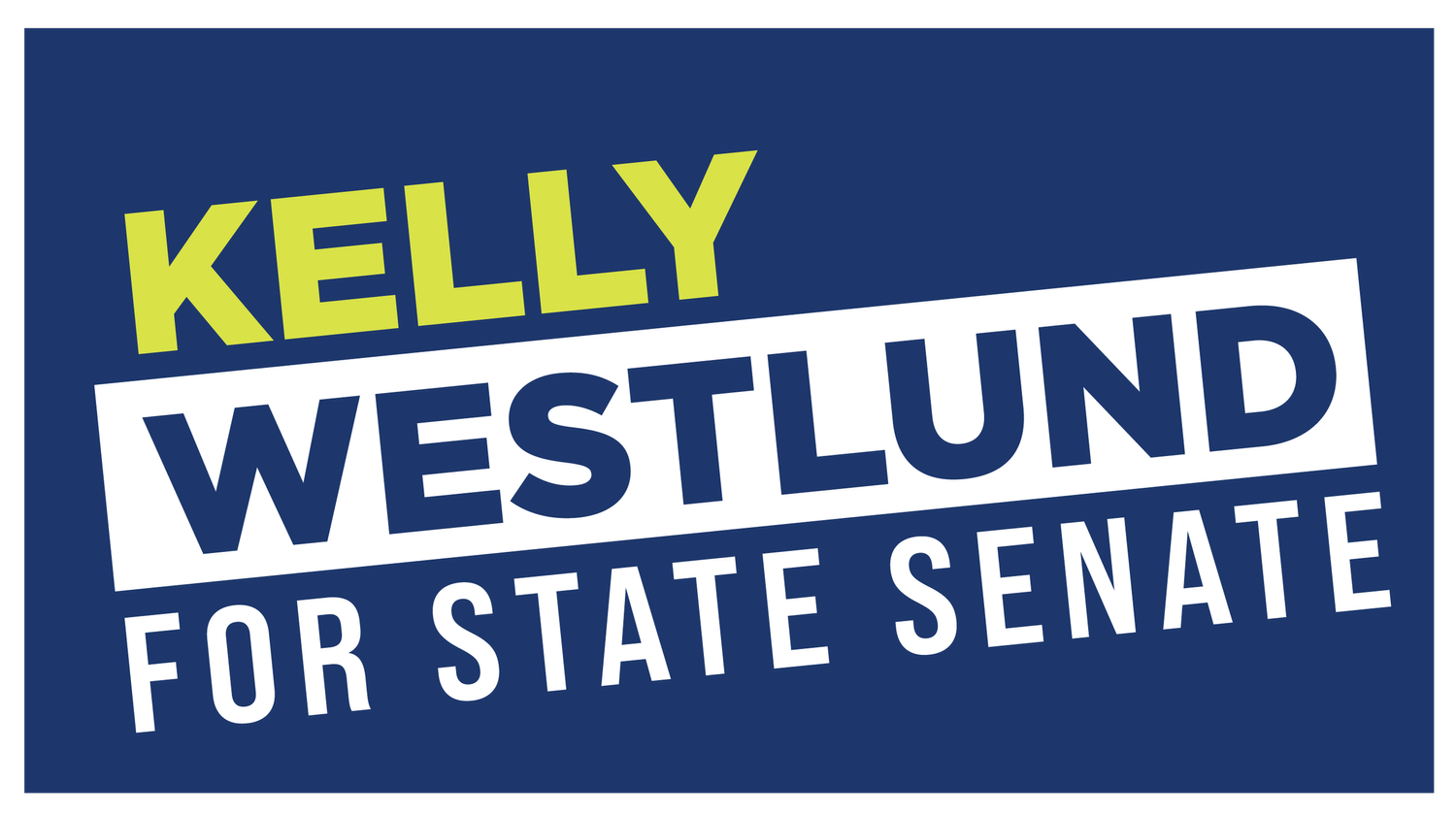Both history and common sense tell us that the best way to restore economic growth is to provide some economic opportunity to those who don't already have it.
Kelly believes protecting earned benefits and increasing the minimum wage will put money into the pockets of people who will spend it, creating a real economic stimulus that just doesn't happen when rich people get more tax cuts.
If you’ve ever been a tipped worker in the State of Wisconsin (like Kelly), then you know that $2.33 an hour isn’t enough. Even though it’s higher than the $2.13 federal minimum wage for tipped workers, there isn’t any guarantee that customers will tip, and too many employers take advantage of loopholes and a lack of oversight to make up the difference in accordance with the law.
The hourly minimum wage in Wisconsin has not increased from $7.25 per hour since 2009, despite the increased cost of living, even though polls show that the majority of Wisconsinites support a higher minimum wage. People of color, especially women, are disproportionately affected by this income disparity, and raising the minimum wage would begin to address this issue.
While critics may say that higher wages will hurt small businesses, the government has the opportunity to subsidize those wage increases. Such an investment would lift low-income workers out of poverty, reduce the cost of taxpayer-funded social programs, and increase discretionary income for workers and their families.
